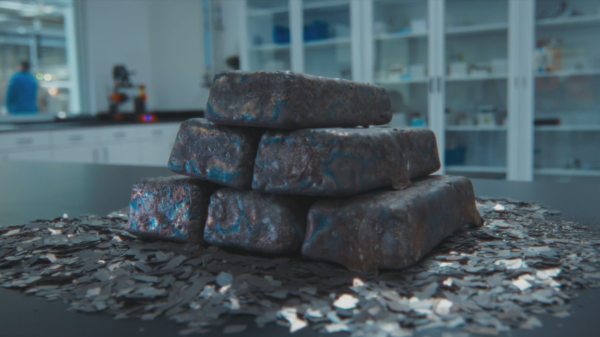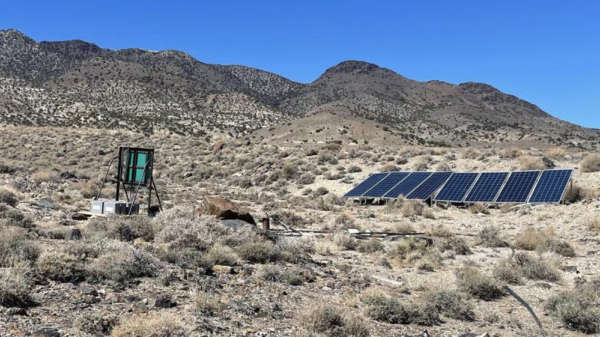The Chinese company Zijin Mining (SHA: 601899) will invest approximately US$97 million in the copper and gold producer Solaris Resources Inc. (TSX: SLS) (OTCQB: SLSSF), acquiring a 15 per cent stake upon closing.
Zijin aims to enhance its stature and influence in the copper market. The company announced Friday that it has become the first Chinese miner with annual copper output exceeding 1 million tonnes.
The funds provided by Zijin, a US$43.8 billion company, will primarily be utilized for development of the Warintza copper project in Ecuador run by Solaris.
“We take tremendous pride in announcing our new strategic partnership with Zijin and look forward to leveraging its deep technical expertise and financial capacity in delivering the full potential of one of the last remaining greenfield copper districts,” Daniel Earle, Solaris CEO, said.
The Warintza project contains an estimated 379 million tonnes of copper grading at 0.47 per cent. It also contains significant quantities of molybdenum and gold. Vancouver-based Solaris plans to publish an updated resource estimate in mid-2024.
$SLS.TO $SLSSF Announces $130M Strategic Investment by Zijin Mining
-15% stake at $4.55/sh, representing 14% premium to yesterday’s close
-Deep technical expertise and financial capacity
-Closing subject to customary and applicable regulatory approvalshttps://t.co/jkMJRo860x— Solaris Resources Inc. (@SolarisResource) January 11, 2024
Read more: Zijin Mining’s Serbia subsidiary awarded for business success by country’s Chamber of Commerce
Read more: Second attack at Zijin Mining’s Colombia operation prompts plea for government intervention
Chinese influence in Canadian critical minerals sector a growing concern
China’s widespread control over raw materials in Canada and abroad has raised concerns that the country may use its economic influence as leverage in political situations.
“China is increasingly taking over our critical minerals, our mining assets,” Rick Perkins, Canadian Member of Parliament, told Global News last month.
The Asian nation is a dominant influence in the rare earth elements market particularly. It has taken steps in recent days to maintain that position.
“China has been focused on building up its critical minerals assets and control over the markets for the last 25 to 30 years,” Eric Miller, a fellow with the Canadian Global Affairs Institute and supply chain expert, told Global News last May.
He said reversing that trend would take a long time.
At the end of 2022, Canadian industry minister François-Philippe Champagne ordered a series of critical minerals companies in the country to divest themselves of Chinese investors over national security concerns. He said he would allow foreign investments in domestic critical minerals companies under certain circumstances only.
rowan@mugglehead.com














